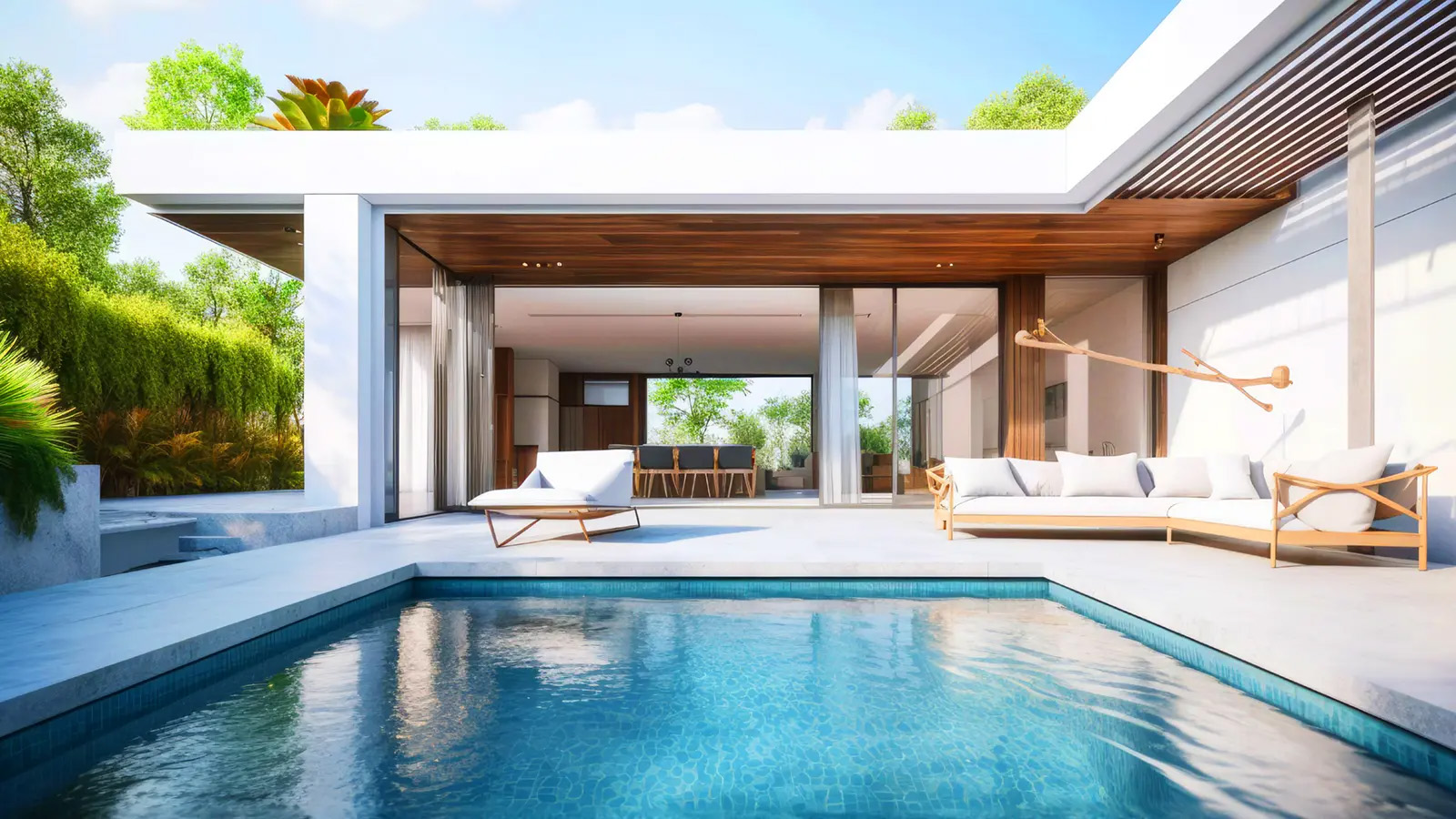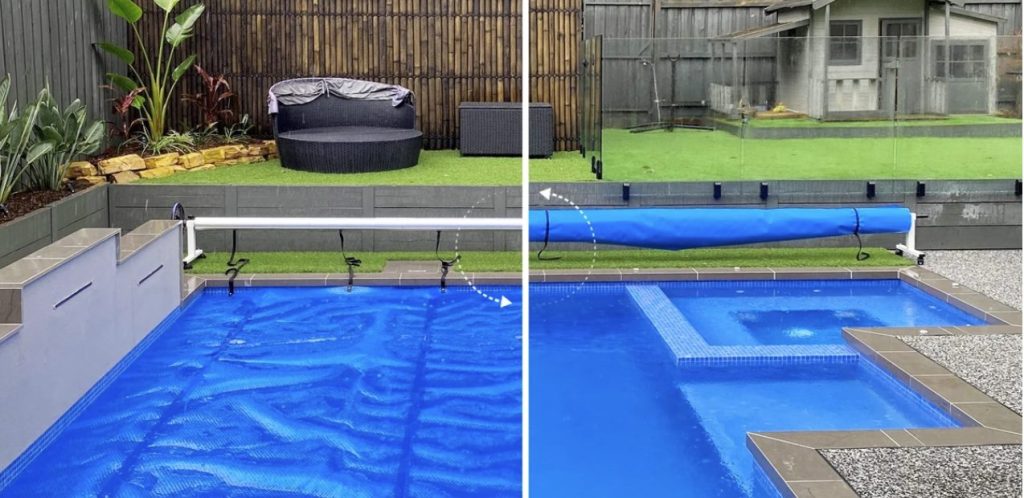
How to Maximise Your Pool Heating Efficiency: Insights from Industry Experts
Owning a pool is one of life’s great pleasures, but maintaining the perfect water temperature year-round can be challenging, especially if you’re not using your heating system efficiently. As energy prices continue to rise and concerns about sustainability grow, it’s more important than ever to ensure your pool heating system is working optimally! Pool heating efficiency can be the difference between a pool that’s ready for a dip any day of the year and one that’s too costly to run.
Today, we’re teaming up with Deane, a mobile pool servicing technician with Clark Pools & Spas Bradbury to bring you the best tips on maximising your pool heating efficiency. Together, we’ll share insights gained from years of industry experience and help you enjoy a perfectly heated pool without breaking the bank.
1. Choose the Right Pool Heating System
The first step to maximising efficiency is ensuring you’ve got the right heating system for your pool. There are three main types of pool heaters commonly used in Australia: heat pumps, solar pool heating, and gas heaters. Each has its own pros and cons, and selecting the right one depends on your specific needs and environment.
- Heat Pumps: These are highly efficient systems that extract heat from the air and transfer it to your pool. Modern heat pumps, like our VproPlus, are designed for year-round heating. They are also energy efficient, using much less electricity than traditional electric heaters.
- Solar Pool Heating: Solar heating is the most eco-friendly option, utilising the sun’s energy to heat your pool. While the upfront costs can be higher, the long-term savings and environmental benefits make it a worthwhile investment. Solar heating works best when paired with a pool cover, which helps retain the heat generated throughout the day.
- Gas Heaters: Gas heaters are fast and reliable, perfect for those who want to heat their pool on demand. They’re ideal if you only need to use your pool for short bursts, such as during weekends or special occasions. However, they are typically more expensive to run than heat pumps or solar heating, especially over extended periods.
“In my experience as a pool technician, most homeowners opt for pool covers and heat pumps to heat their pools efficiently,” says Deane, a seasoned mobile pool servicing expert.
2. Maintain Your Heating System Regularly
Once you’ve chosen the right heating system, it’s crucial to keep it in good working order to maximise its efficiency. Regular maintenance not only ensures your heater is working at peak performance, but it also extends the life of your equipment, saving you from costly repairs down the track.
For example, with a heat pump, it’s important to clean the evaporator coils and filters regularly. Any dirt or debris build-up can reduce airflow, forcing your system to work harder, which decreases its efficiency. Likewise, solar pool heating panels need regular inspection to ensure they’re clean and free of any debris that may block sunlight.
“A common issue I see when servicing clients’ pools is debris and trees. A pool cover keeps debris out of your pool, but heating systems need regular inspection.” adds Deane.
3. Use a Pool Cover
One of the easiest and most effective ways to boost your pool heating efficiency is by using a pool cover. Pool covers act as a barrier, preventing heat from escaping when the pool is not in use. In fact, our Diamond Pool Covers can reduce heat loss by up to 75%, meaning your heating system doesn’t have to work as hard.
If you’re using solar heating, a cover is even more important as it retains the heat absorbed during the day. For heat pumps and gas heaters, a pool cover helps maintain a consistent temperature, reducing the need for constant reheating.

4. Invest in Energy-Efficient Technology
Pool heating technology has come a long way in recent years, with new innovations offering increased efficiency and lower operating costs. For example, inverter heat pumps can adjust their heating capacity based on the pool’s needs, which reduces energy consumption.
If you’re considering upgrading your pool heating system, look for products with high energy-efficiency ratings. The initial investment may be higher, but the long-term savings on energy bills make it worthwhile.
5. Work with a Professional
Finally, the best way to ensure your pool heating system is running as efficiently as possible is to work with a qualified pool technician. Regular servicing, professional advice, and system upgrades can help you maximise your system’s potential while ensuring safety and reliability.
Maximising your pool heating efficiency comes down to a combination of using the right equipment, maintaining it properly, and making small adjustments to your pool habits. Whether you’re using a heat pump, solar pool heating, or gas heater, taking these steps will help you enjoy a warm and inviting pool year-round, without the added stress of high energy bills.
If you’re unsure about the best heating solution for your pool, or if you need professional maintenance in NSW, Australia, don’t hesitate to reach out to Deane at Clark Pools And Spas Bradbury or contact us at Supreme Heating. Together, we’ll make sure your pool is the perfect temperature, all year round!
